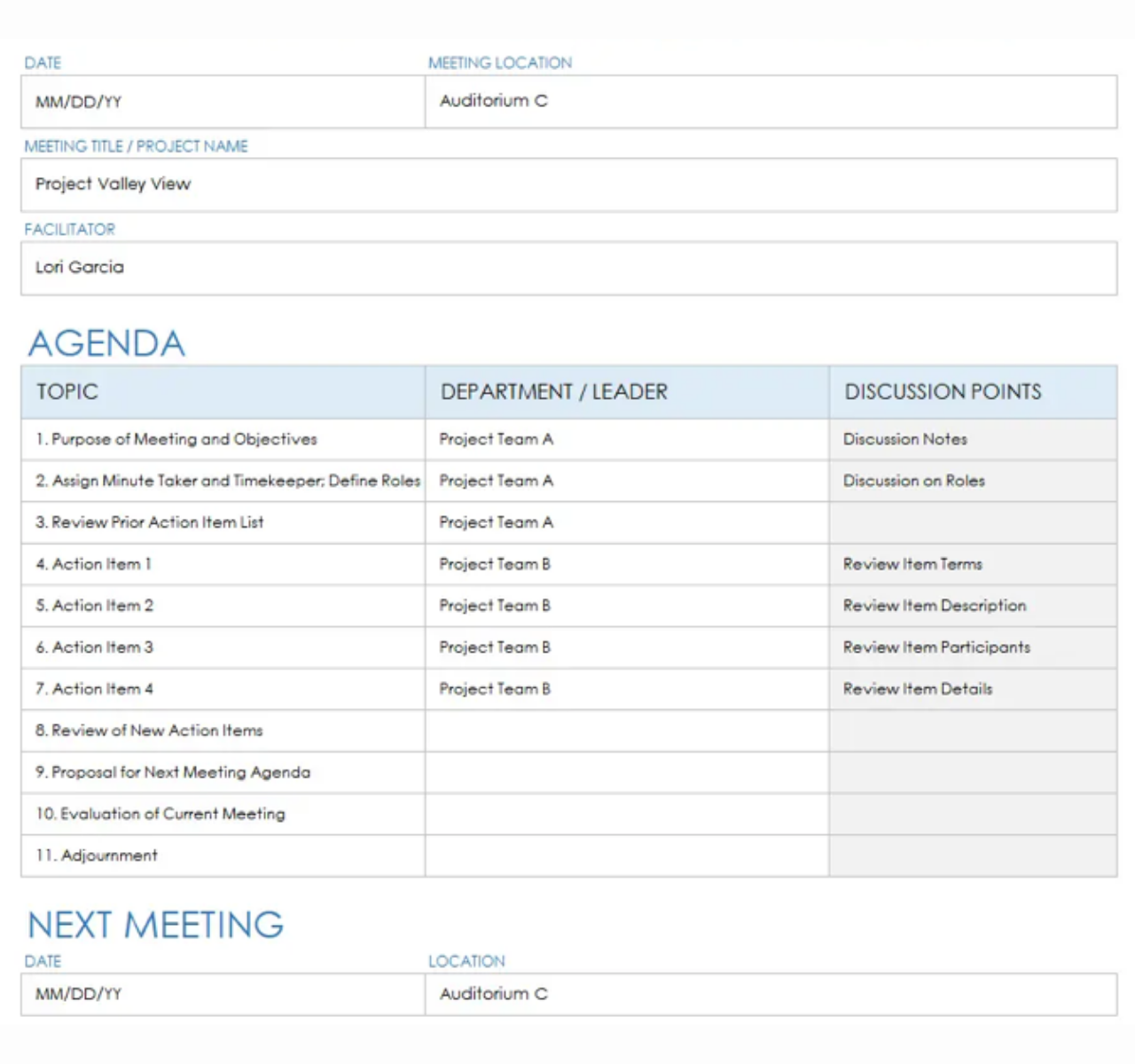
How to Excel at Leading Projects Without Being a Project Manager
READ TIME - 5 MINUTES
You’re not a project manager, but your company asks you to lead projects.
Leading projects outside my scope of responsibility has been my secret weapon to advance my career.
It’s been my way to showcase my horsepower and my readiness to do more and take on more.
Most of the promotions I received in my career have been after cross-functional projects I led, where I was able to showcase my value.
As you grow your career, you will be asked to lead more projects in addition to your job.
One thing most people miss is that being assigned projects is your boss's way of testing you—how far can you go, can you do more? So, if I were you, I would pay attention here.
The challenges I faced early on were because I didn’t know how to run a project, so I failed a few times until I learned the basics.
Whether projects are small or large scale, I use the same methodology.
Most people fail at running projects not because they choose to fail but because they don’t know how. Yes, some just don’t care, but the majority lack experience and knowledge.
In this newsletter, I will share my steps for non-project managers who are asked to run projects in addition to their regular duties.
Let’s dive in:
Step 1: Define Success & Select the Right People
The first question I always ask is, what is success for this project?
Typically, the folks who asked me to lead should have the answer. If not, I define and propose it.
The idea is not to start until success is defined.
I then select the people I need to work with and share the goal with them so they understand it from day one.
Once I get everyone ready and aligned on the mission, I define the project timeline.
Here is an example of a project goal success statement:

Once this is done, I move to step 2.
Step 2: Create a Routine for Documentation and Meetings Before You Start
This step is as important as the first one. I ensure three things are done under this step:
- We have a shared drive to save all our documents, notes, and presentations for easy access.
- We have a weekly meeting to report on our progress and orient the team.
- I create an ongoing agenda to keep the team on track, detailing each section with an owner from the project team - See this template I use all the time.

Step 3: Ask, Delegate, and Follow Up
One mistake people make in running projects is trying to own all steps and tasks.
In reality, your role as a project leader is to lead more than just do.
You should ensure the team understands the mission, their tasks, and are working toward the deadlines.
Your role is to get into the details when things are not on track or if changes are needed.
The more you try to handle all the details, the higher the risk of the entire project going off track.
Your level of involvement depends on the project's size.
Step 4: Share Your Story in Different Formats to Different Audiences
This step is where most people miss the mark.
When your boss asks for an update on the project, you need to know that you aren’t updating people frequently enough.
Here are the different updates you need to do:
- The project team needs to be current on the project so they can help update others. If the team is not current, you haven’t done a good job leading the project team.
- The people above you who asked for the project need a weekly recap focusing on where you are, any challenges you’re facing, what you’re doing about these challenges, and if you need anything from them.
- Stakeholders who might be interested in the project's progress should receive updates. I use the same weekly update for the people above me or create a quick update just for them.
In summary, these steps can be tailored depending on the project's size.
The point here is that for every project, you need to define success, establish a routine for the team to meet and work, and document and share updates so people don’t have to ask and make assumptions.
Like anything in life, the more projects you take on, the better you will get at it.
Projects can open doors for you in your corporate career. Mastering project management can take you far.
Good luck.